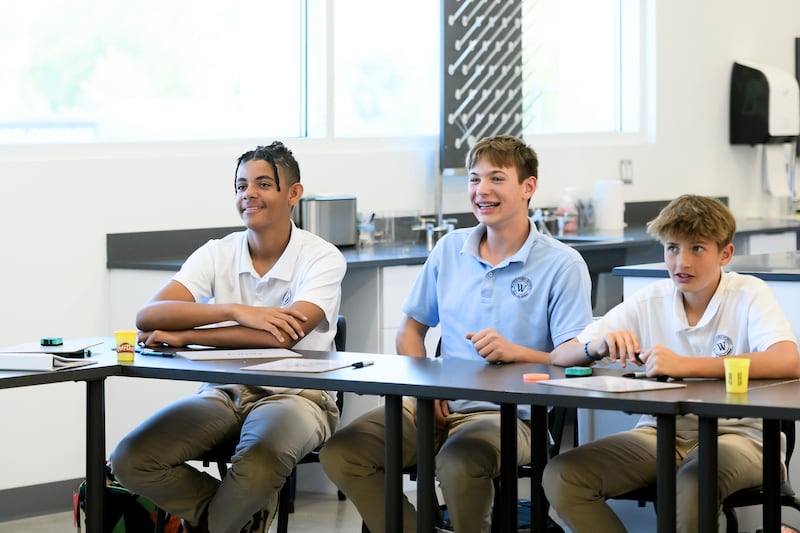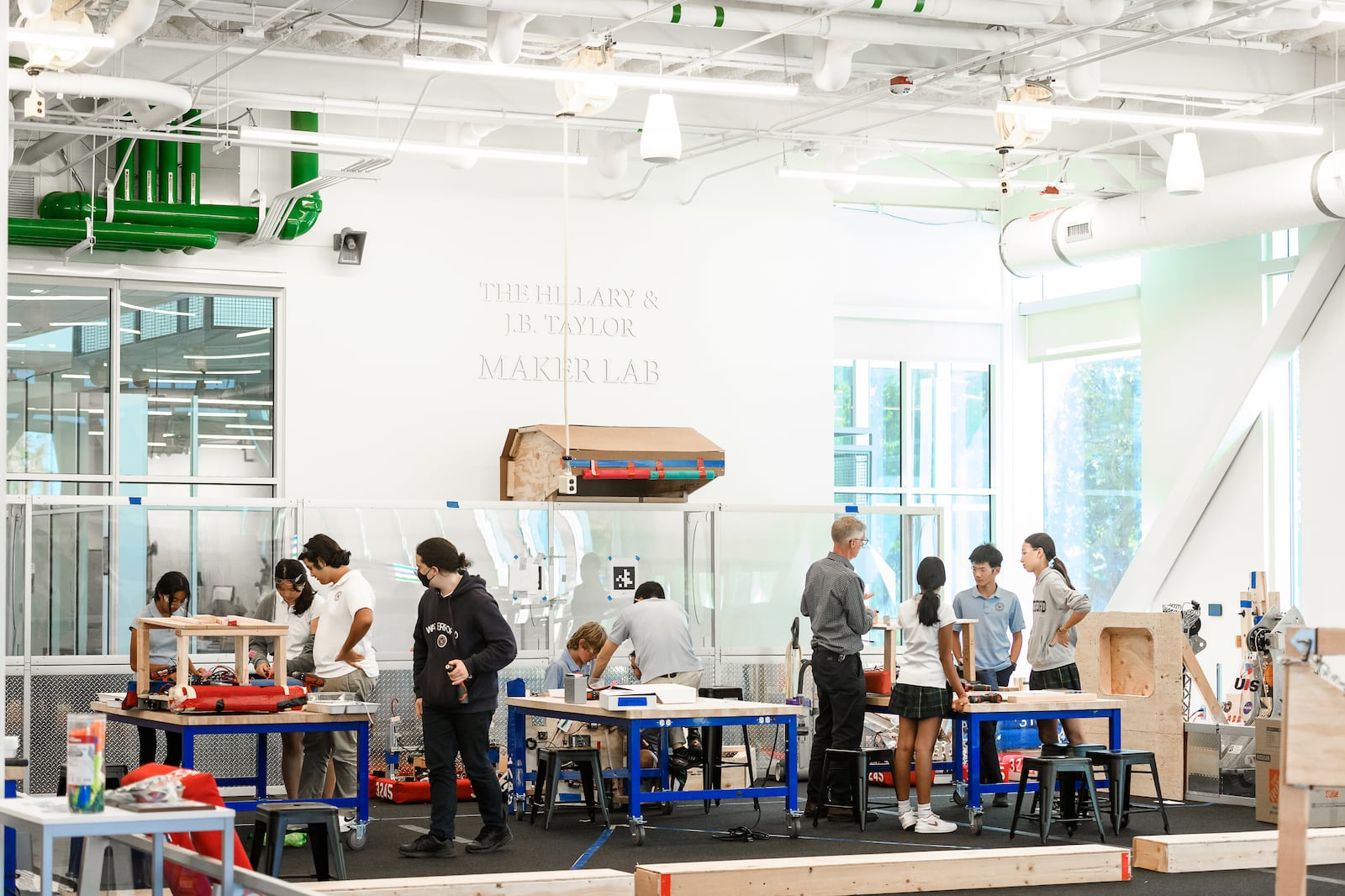This story appears in the August 2025 issue of Utah Business. Subscribe.
As the needs of Utah’s workforce continue to rapidly shift, a desire to build an expedited career pipeline for students is pushing K-12 schools to develop increasingly specialized programs. Early career preparation and aptitude tests in primary schools often push students toward specific industries and, at times, discourage the idea of a broad approach to various disciplines in K-12 education.
But are career-specialized programs in K-12 schools the answer?
“There are times in one’s educational journey where specialization becomes an important process,” says Todd Winters, assistant head of school at Waterford School. “We believe that level of specialization in primary or secondary school education is counterproductive to the educational philosophy that we want our students to deeply embrace, which is to learn across disciplines and not to become so tethered.”
Waterford School in Sandy, Utah, is an independent school dedicated to teaching its students a classically inspired curriculum. With a focus on a liberal arts education, students are taught not just how to learn, but also how to be curious.
A common misconception of the liberal arts is that it won’t teach students relevant job skills for a job market that favors STEM graduates, Winters says. He argues that students have plenty of time to narrow down their interests in higher education.

In fact, Waterford college counselor Sari Rauscher believes that developing a broad knowledge in the liberal arts in K-12 can position students to excel in higher education. “I meet with deans of engineering schools, and they tell me they want students who can collaborate, who can communicate, and who can write,” she says. And it’s in a liberal arts education where children acquire these valuable skills.
While a career-focused education seems to provide students with a clear path forward, “75 percent of the careers that our students choose from didn’t exist in their form when those students started kindergarten,” Winters says.
Pointing to rapid technological and workforce developments, Waterford Director of Marketing and Communications Derick Rodgers believes learning to be curious and flexible will better serve future employees and industry leaders. “From an employer standpoint, I can’t think of anything more valuable than having an employee who is naturally curious and eager to continue to learn and open to learning new things,” he says.
The achievements of Waterford’s alumni seem to solidify this school’s claims that a foundation in liberal arts education can help prepare students for future success. Waterford graduates include a NASA scientist, a successful singer and actress, and even Torus founder and CEO Nate Walkingshaw.
“My education at Waterford gave me the foundation for everything I’ve done as an entrepreneur,” Walkingshaw says. “At Torus, we’re constantly facing challenges that don’t have textbook solutions. The liberal arts foundation gave me the intellectual curiosity and the framework to approach difficult problems with confidence.”

